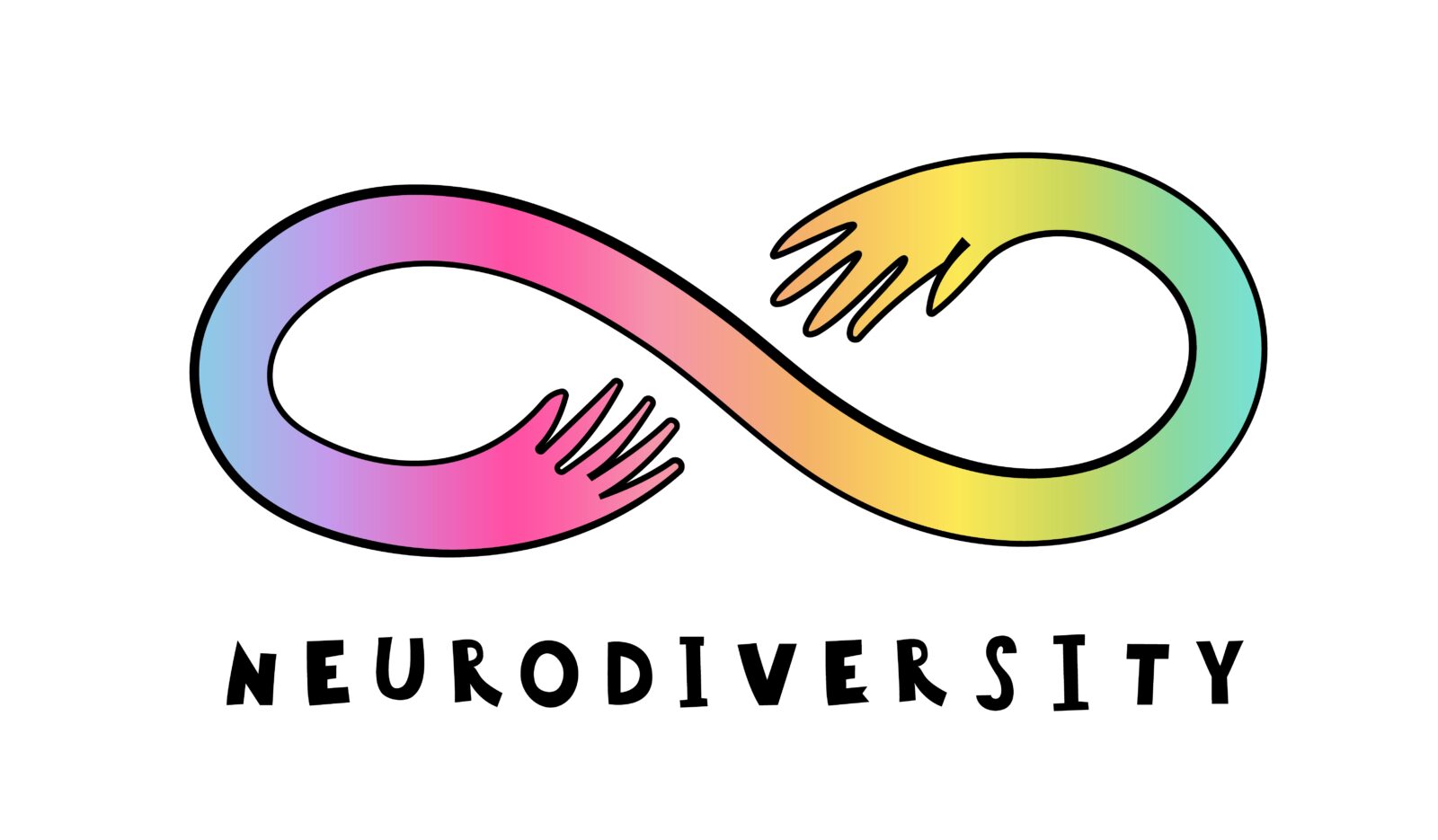What is Neurodiversity?
According to Harvard Health Publishing, we can describe Neurodiversity as “the idea that people experience and interact with the world around them in many different ways; there is no one “right” way of thinking, learning, and behaving, and differences are not viewed as deficits”.
The word neurodiversity refers to the diversity of all people, but it is often used in the context of autism spectrum disorder (ASD), as well as other neurological or developmental conditions such as ADHD or learning disabilities.

Embracing neurodiversity in the workplace is essential for creating an inclusive and productive environment. A report by JP Morgan Chase found in Financial Times (paywall) in March 2020 that professionals in its Autism at Work initiative made fewer errors and were 90-140% more productive than neurotypical employees.
5 key strategies to support neurodivergent employees:
- Understand what it means:
It’s important to gain a general understanding and knowledge of what neurodivergence is and the various opportunities leaders have to lead from a dignified and inclusive foundation. Be vulnerable, share leadership with others to build a culture where differences are honoured and trusted, and the strengths of those differences are utilised, optimised and maximised for collective success. - Enhance diversity and inclusion initiatives:
An increasing body of research shows that the number of neurodivergent employees in the workforce is growing. Just as organisations are stronger when they embrace diversity and inclusion initiatives for other populations, the same applies when neurotypical employees have the opportunity to interact in meaningful ways with colleagues who are neurodivergent. Look for ways to accommodate and support everyone. - Provide specialist guidance:
“Neurodivergent” employees might need special guidance to help them to understand tasks that may come easy to others. Whether they are neurodivergent or neurotypical, to provide the best possible support to your valued employees, evaluate their needs and provide them with the required support, such as coaches or facilitators. - Ask them directly:
Reach out directly and ask them. Also, be sure to reach out and consult with folks who have actual expertise in that area. You don’t always have all of the answers yourself, so seek help from and defer to those who have more experience and knowledge about it. Reach out to your network to see how other organisations are supporting neurodivergent employees. - Build a strength-based support system:
The key to supporting neurodivergent employees is to build a strength-based support system so that they can contribute their best. Help them find their most valuable strengths: creativity, attention to detail, being rules-based, etc. They can leverage these to take on roles built for those strengths. Be open-minded and help them thrive.
Strengths of neurodiverse workforce:
A neuroinclusive workforce includes a wider range of strengths, talents, and abilities than a less varied employee profile (Doyle, 2020). Embracing neurodiversity in the workplace enhances an organisation’s creativity, innovation, productivity, and resilience (Cognassist, 2024).
Strengths of neurodiverse individuals:
- Creativity & innovation
- Problem solving
- Visual thinking
- Ability to hyper focus on topics of interest
- High degree of emotional intelligence
- Attention to detail
References:
Source: “Harvard Health article by Nicole Baumer, MD, MEd, Contributor, and Julia French, MD, Guest Contributor”
Source: “Forbes article “ Why Its Important To Embrace Neurodiversity In The Workplace (And How To Do It Effectively” Pamela Furr – Forbes Council Member, Founder and CFO of Puzzle Box
Source: Expertpanel@ Forbes Council Members – 13 Productive Ways To Support Neurodivergent Employees
Source: “Forbes Article” Alan Price Forbes Councils Member – Neurodiversity In The Workplace
Source: Neurodiversity in the Workplace: A Strengths-Based Approach (postivepsycology.com)
Source:Financial Times Article: Overlooked Workers Gain Appeal in challenging Times Marh202

